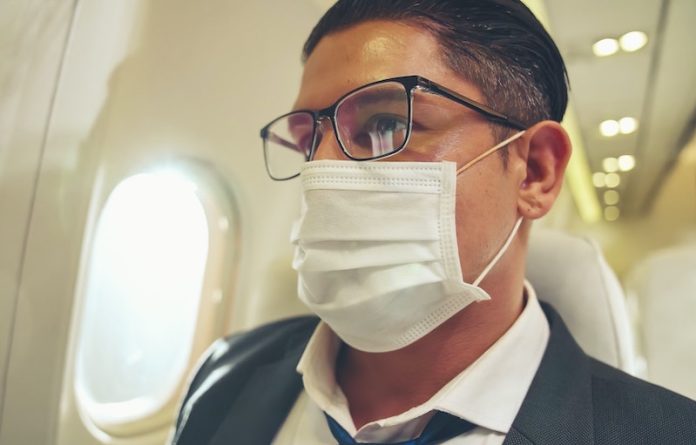
It’s common knowledge – if something fits you well, it’s safer.
Medical experts at Flinders University took this principle to heart and have created a cheap and efficient way to customize N95 filtering facepiece respirators (FFRs), those life-saving masks worn by health workers battling the pandemic and other respiratory illnesses like the flu.
Tight Seal, Better Protection
The scientists noticed that when a mask fits well on the face, it doesn’t “leak” air, providing better protection. And that’s not all – it’s also more comfortable to wear.
But this discovery isn’t just for health care; it can also help increase mask safety in various industries.
The team’s study, “Personalized 3D-printed frames to reduce leak from N95 filtering facepiece respirators: a prospective crossover trial in health care workers,” is now published in the Journal of Occupational and Environmental Hygiene.
Your Face, Your Mask
Imagine having a face mask frame that’s made just for you. That’s what Darius Chapman, a research fellow at Flinders University, has been working on.
Using 3D-printed face frames that perfectly match a person’s facial structure, they can significantly improve the protection, comfort, and fit-testing rates of masks for health care workers.
Science at Work
This revolutionary project involved Mr. Chapman and Professor Anand Ganesan, a heart disease specialist at Flinders, working with hospital workers during the pandemic.
They compared the performance of regular respirators with their new 3D-printed frames for N95 FFRs.
The team used an iPhone camera and a mobile app to make 3D scans of volunteers’ faces. They then used a software program to accurately map out each person’s unique facial structure and features.
From these personalized facial blueprints, a plastic frame was made using a readily available 3D printer. This frame was then coated in silicone for added comfort and durability.
Better Fit, Better Comfort
The results were quite promising. The fit testing improved dramatically, and so did the comfort and ease of use of the respirators, says Mr. Chapman.
With some more fine-tuning, this technology could greatly improve the fitting of N95 and other FFRs, which have become crucial in our health care systems during the pandemic, adds Professor Ganesan.
An Easy, Affordable Solution
One of the biggest advantages of this innovation is its simplicity and affordability. Using readily available technology, like an iPhone and a consumer-grade 3D printer, individual face scans can be taken anywhere in the world, at a low cost.
In fact, the team even proposed a workflow where scans could be sent directly to fabrication centers located away from hospitals or health care facilities.
This could prove to be a practical way to reduce leakage from N95 FFRs for not just health care workers but also people at high risk from respiratory viruses, such as those with weakened immune systems.
In a world where mask-wearing has become a norm, this innovation could ensure that everyone has access to a mask that not only fits them perfectly but also offers the best possible protection. Now that’s a breath of fresh air!
If you care about COVID, please read studies that lung damage may persist long after COVID-19 infection, and doctors explain the mystery of long COVID.
For more information about COVID, please see recent studies that many people with long COVID get memory problems, and results showing this drug may relieve painful ‘long covid’ symptoms.
The study was published in the Journal of Occupational and Environmental Hygiene.
Follow us on Twitter for more articles about this topic.
Copyright © 2023 Knowridge Science Report. All rights reserved.



